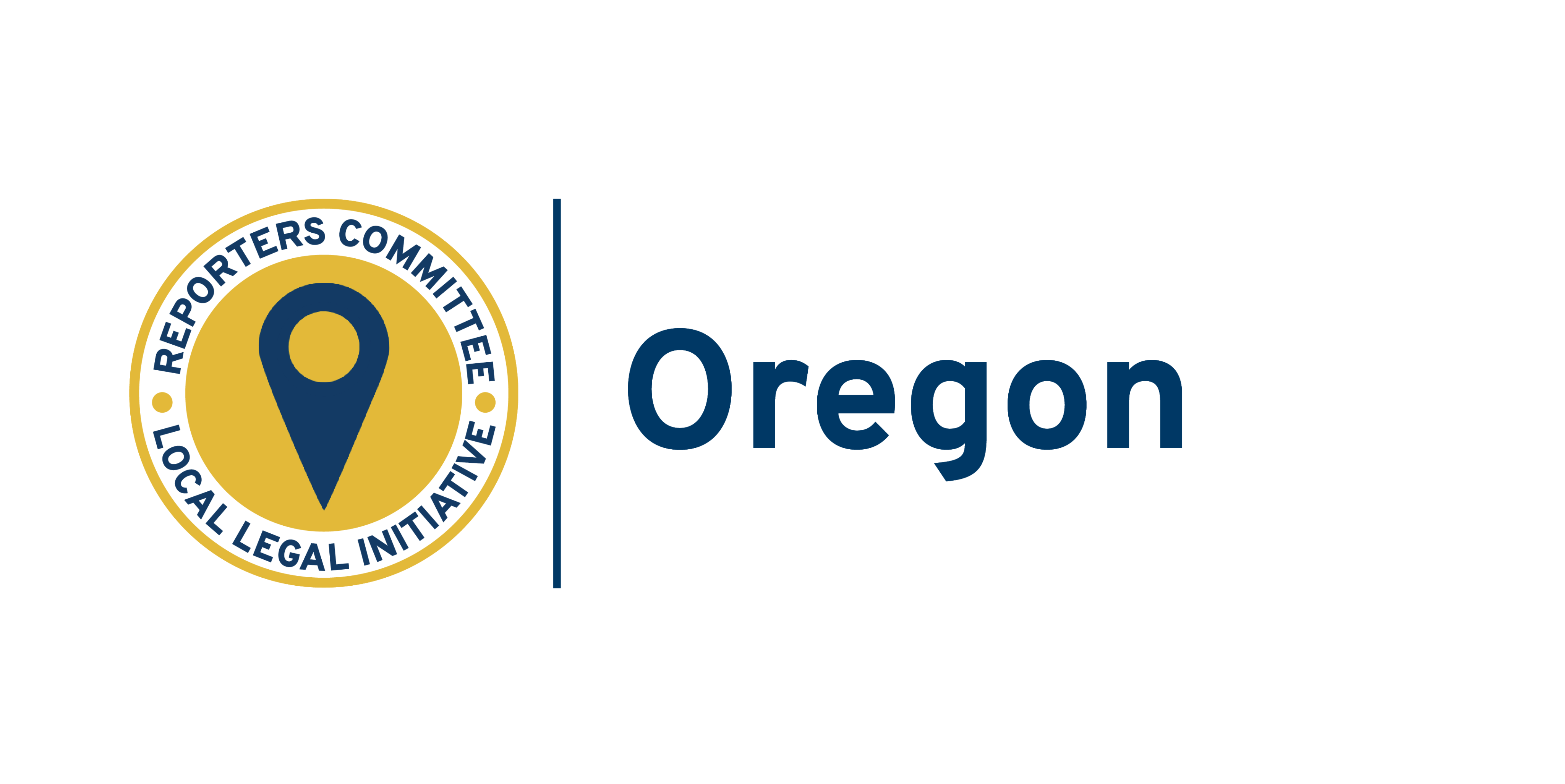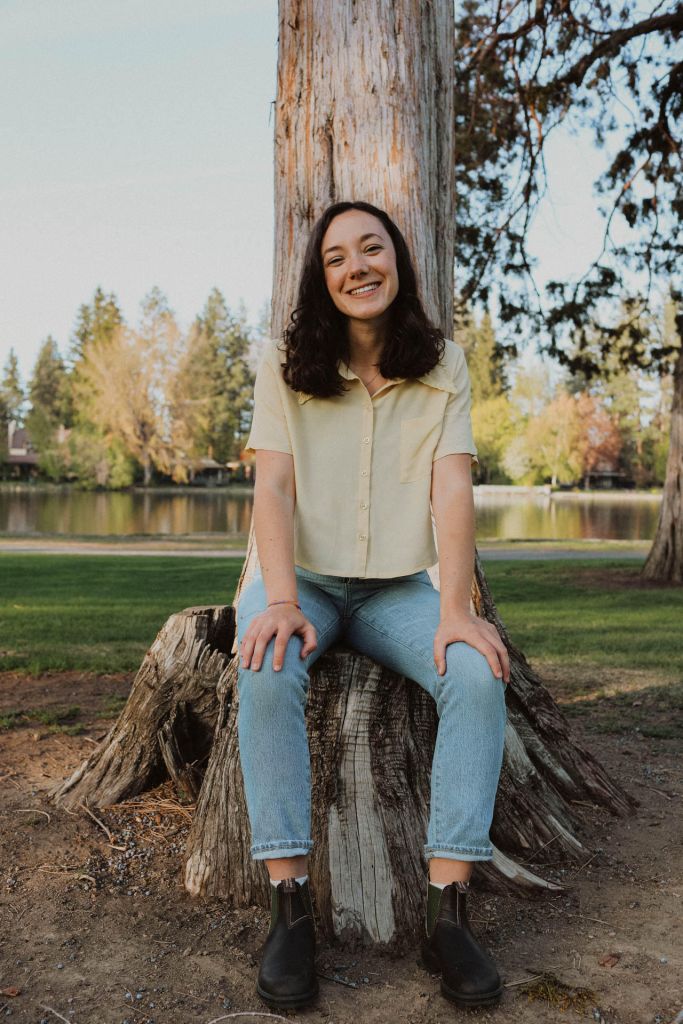A local DA in Oregon served Hanna Merzbach a subpoena at a cafe. An RCFP attorney made it go away.

Hanna Merzbach had been working from The Commons Cafe and Taproom in Bend, Oregon, for a couple of hours when the subpoena arrived.
“YOU ARE HEREBY COMMANDED TO APPEAR before the Circuit Court for the County of Deschutes … for 3 days as a witness in a criminal action prosecuted by the State of Oregon,” the subpoena read.
The document confirmed what the Deschutes County deputy district attorney had previously told the freelance journalist on the phone: that his office wanted her to appear in court in a matter of days to testify about one of her sources. Specifically, prosecutors wanted Merzbach to provide testimony about on-the-record comments she included in a 2020 story about a controversial mountain climber named Shawn Snyder.

In the story she wrote for The Source Weekly, Snyder expressed his frustration with what he considered shoddy “bolting” practices of other climbers at Oregon’s Smith Rock State Park. “Snyder said he’s tried to communicate peacefully with members of the climbing community, to no avail, and has determined that physical threats and actions are the only methods that work— though he admits that these actions are ‘unacceptable,’” Merzbach, a climber herself, wrote in the story.
Snyder’s comments in that 2020 article recently caught the attention of the Deschutes district attorney after prosecutors filed criminal charges against the climber for threatening other climbers and even swinging a hammer at them. “The local district attorney saw that quote and wanted me to testify that he had said that to show that he had intent to harm people,” Merzbach said.
Merzbach initially declined to voluntarily testify about Snyder’s comments, in part for safety reasons. “I got [Snyder’s] trust, I got him to talk to me,” she said, “and I was scared of the backlash if I appeared testifying against him.”
After refusing to voluntarily testify, the deputy district attorney said his office would issue a subpoena forcing her to do so.
‘A lawyer in my back pocket’
Holding the subpoena inside the coffee shop, Merzbach at first thought it might not be such a bad thing. After all, she said, Snyder would know that she was being forced to testify. Still, she wasn’t sure what her next move should be, so she decided to share the subpoena on Twitter.
“When the DA’s office delivers you a subpoena at the local coffee shop to testify about a source …,” Merzbach wrote in the tweet, which included a photo of the subpoena.
In response, Merzbach said a few people recommended that she reach out to the Reporters Committee to access free legal support. One former colleague specifically suggested she contact Ellen Osoinach, RCFP’s Local Legal Initiative attorney in Oregon.
Merzbach took her former colleague’s advice and immediately reached out to Osoinach.
“It was a really quick turnaround. After talking with Ellen, I was pretty reassured. It totally took all of the stress off of me,” Merzbach said. “After I talked with her, she was like, ‘This is my problem now. I’m going to handle it.’ That was amazing, especially as a freelancer.”
Osoinach contacted the deputy district attorney, Andrew Steiner. On the call, she explained the strong protections for journalists included in Oregon’s “shield law,” and made the case for why prosecutors should back off their demand for Merzbach’s testimony.
The next day, the district attorney’s office acknowledged misreading the statute and rescinded the subpoena.
Officials from the district attorney’s office did not respond to requests for comment. (After the trial continued without Merzbach’s testimony, a jury found Snyder guilty of all four charges.)
News of the dropped subpoena came as a huge relief to Merzbach. “Journalists should never have to testify against sources they worked to develop relationships of trust with,” she wrote in a tweet thanking Osoinach and the Reporters Committee for providing free legal support. “A win for first amendment rights!”
Merzbach said she would “definitely recommend” the Reporters Committee’s free legal hotline for journalists who find themselves in similar situations — especially freelancers like her, or journalists who work at small news outlets that don’t have a legal team.
“It’s really nice to know I have a lawyer in my back pocket if I need it,” she said.
For more information about when journalists and media lawyers should use the legal hotline — and what they should expect when they do — check out this Reporters Committee blog post.
This work was made possible by the Facebook Journalism Project and other donors.